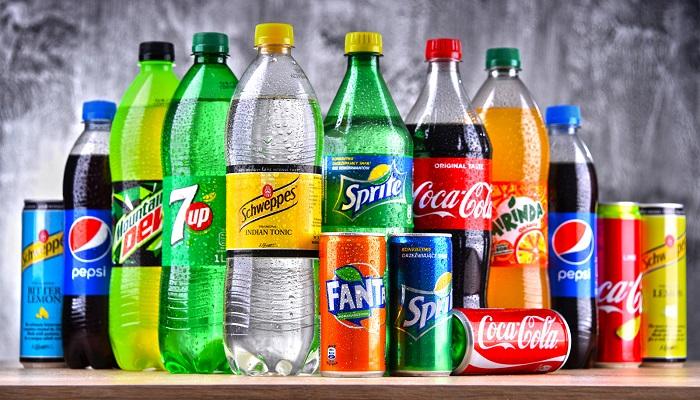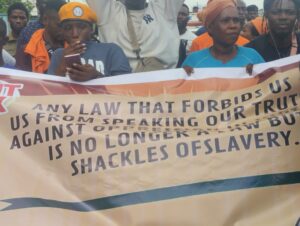The Corporate Accountability and Public Participation Africa (CAPPA) and the National Sugar-sweetened Beverage Tax Coalition have raised the alarm over rising cases of diabetes, heart diseases and other conditions fueled by sweetened beverages.
The civil society groups also berated the federal government of hesitance in raising taxes on sugary sweetened beverages to discourage unhealthy consumption.
CAPPA and the National Sugar-Sweetened Beverages Tax Coalition emphasized the importance of reinforcing messages about the dangers of SSB consumption, while calling for an immediate review of the tax and urged the government to take stringent action on industry activities.
CAPPA’s executive director, Akinbode Oluwafemi, during a press conference on Thursday, condemned the various tactics employed by large corporations to deceive Nigerians into consuming excessive amounts of sugar-sweetened beverages.
He lamented that Nigeria is now at a point where the lure of profit from sugary products clashes with the essential well-being of the population.
He emphasized that the time has come for the government to prioritize revenue generation and, more importantly, the health and well-being of Nigerians over harmful foods and beverages produced by big corporations profiting at the expense of the population.
Noting that the health of the people has been taken for granted for too long by the big corporations, Oluwafemi said, “For years, the sugar-sweetened beverages industry has painted a picture of sugary drinks as innocent pleasures.
“But behind the vibrant colours and catchy jingles lies a grim reality that SSBs are laden with empty calories, fuelling a public health crisis of diabetes, obesity, and heart disease.
“The statistics are sobering: one in ten Nigerians now live with diabetes, placing a crippling burden on individuals and Nigeria’s healthcare system.
“The manufacturing industry actively targets children and youths, bombarding them with sugary advertising and social activities, normalizing unhealthy habits at a crucial stage in their development.
“This predatory marketing exploits the vulnerability of young minds, shaping preferences that echo for years.
“The consequences are far-reaching as diabetes and its complications steal years of healthy life, erode productivity, and strain resources, leaving families shattered and futures uncertain.
“Unfortunately, the Sugar-Sweetened Beverages industry is actively suppressing every effort to reveal the dangers they pose to the health security of Nigerians through various enticing programs,” Oluwafemi noted.
He lamented that some governmental and non-governmental agencies actively advocate reasons why the tax should not be increased, citing job loss and stalling industrial growth
He said: “Amidst the festive cheer, the SSB industry drowns out public health concerns with a deafening roar of misinformation.
“They blame personal responsibility. They ignore their aggressive marketing tactics that target the most vulnerable: children and low-income communities.
“While families come together for festive gatherings, the SSB industry feasts on obscene profits, built on the backs of collective health.
“These producers annually especially during festive seasons incorporate corporate activities like festivals, awards and sponsoring popular events, as a way of promoting their unhealthy products.
“The intense greenwashing including cleaning up of shoreline, provision of motorised borehole, different paid awards, and posturing as helpers of communities.
“They are cleaning the shoreline of plastic wastes they created, providing water for communities they have used up and contaminated their water.
“All these are done to distract the people from the health dangers they are inflicting on the population”.
On the way forward, Oluwafemi underscored the importance of Nigerians and the government prioritizing public health over corporate greed, while advocating for an increase in the current N10 per litre tax on unhealthy drinks, which was implemented in June 2022.
“SSB tax is a public health intervention, a nudge towards healthier choices, a disincentive to the excessive consumption of sugar.
“Studies have shown that a 10% SSB tax can lead to a significant decrease in consumption, particularly among low-income communities disproportionately affected by sugary drinks.
“The economic burden of treating chronic diseases far outweighs the tax revenue.
“It is important to ensure our celebrations are not poisoned by corporate exploitation.
“Let’s reject the bitter aftertaste of corporate greed and choose a sweet victory for public health”, he added.










More Stories
Police teargas protesters in Rivers, Abuja
Massive protest against Trump hots up in major U.S. cities
Tinubu considers Fani-Kayode, others for ambassadorial appointments